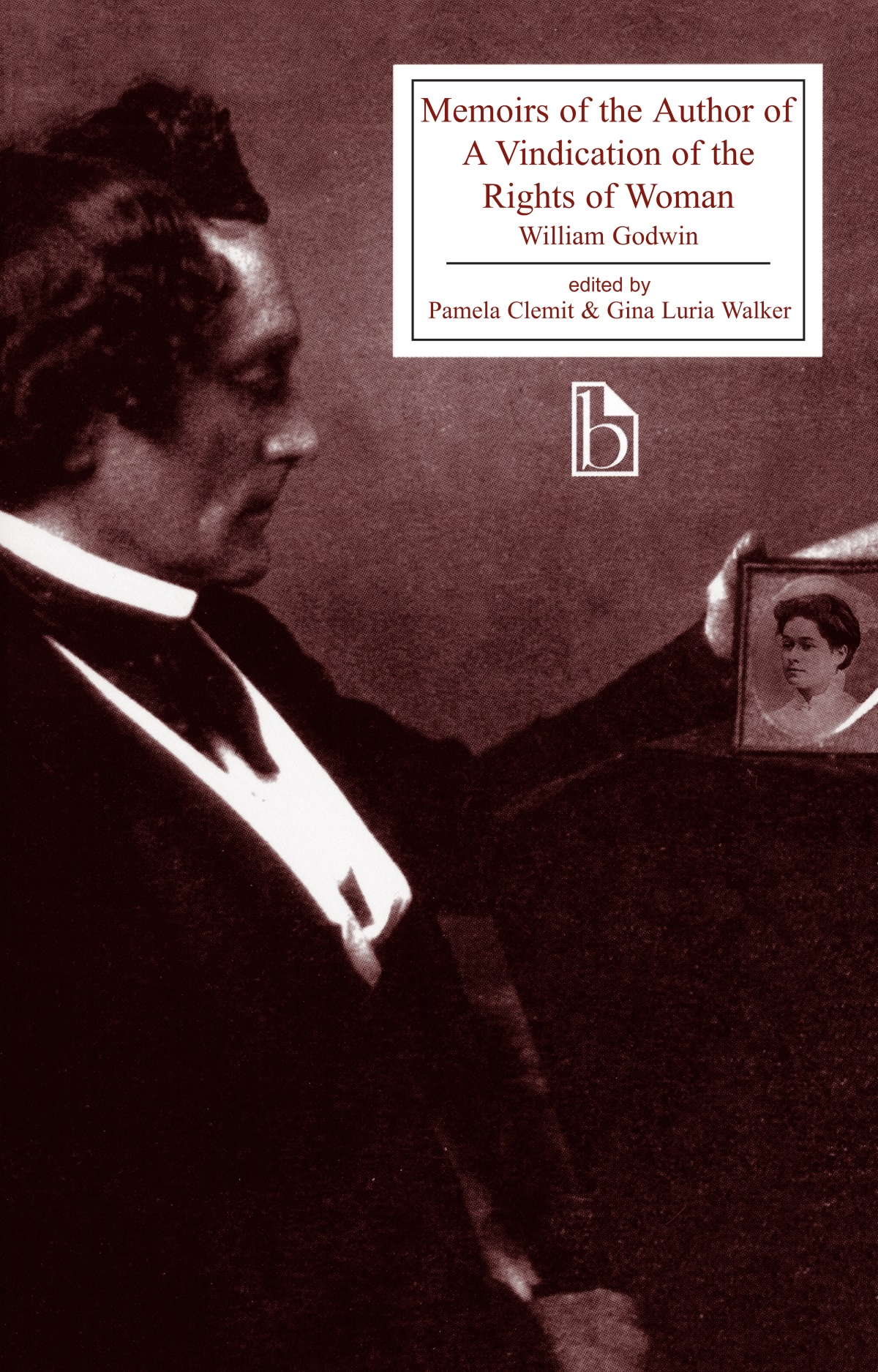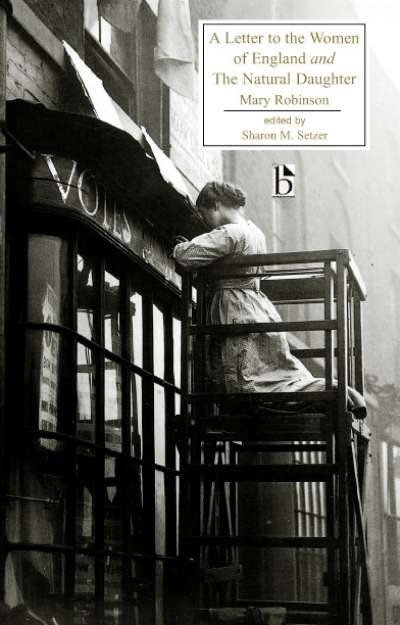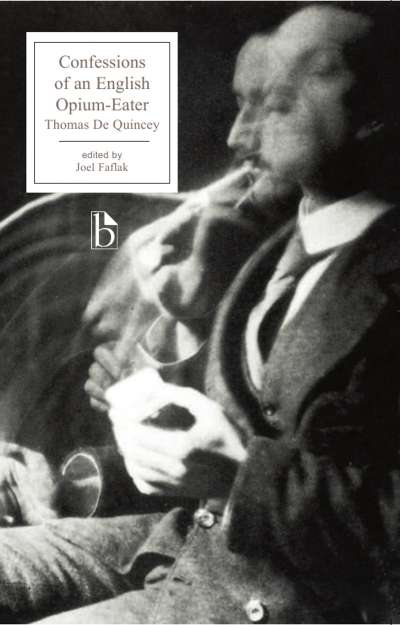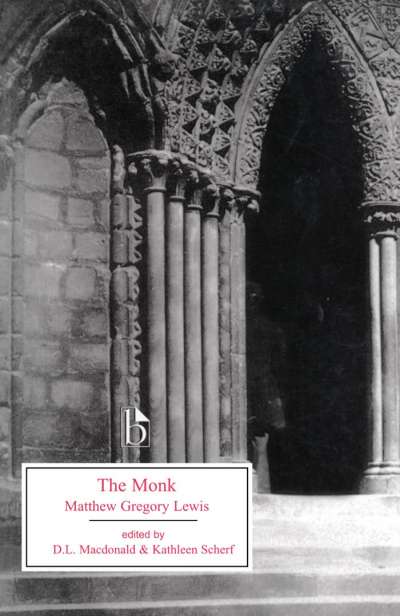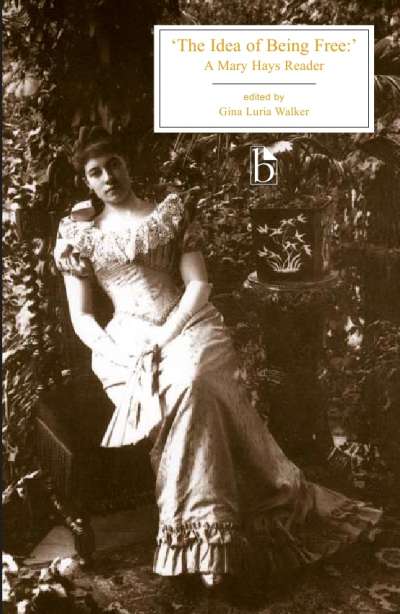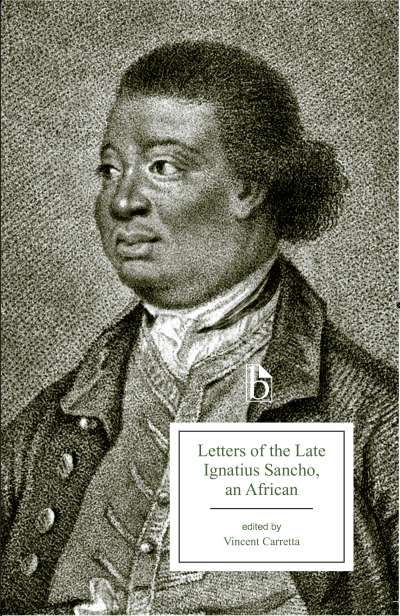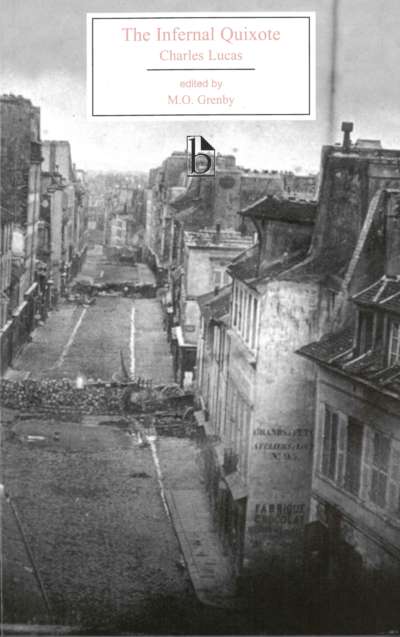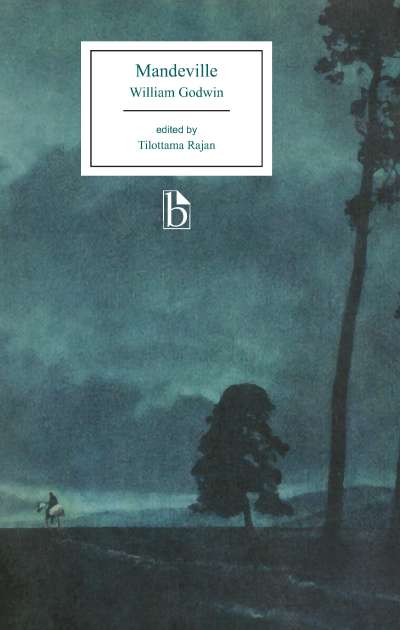William Godwin’s memoir of his wife, Mary Wollstonecraft, marks a transition in Godwin’s philosophical development from extreme rationalism to the recognition of the moral importance of feeling and sympathy which was to energize his later writings. Memoirs also belongs to a tradition of biographical writing that sought to transform the consciousness of readers by using individual history as an agent of historical change. Written during the weeks following Wollstonecraft’s early death, Memoirs provides an interpretation of the relations between Wollstonecraft’s writings and her personal history, a candid account of her various relationships, and a vindication of her egalitarian intimacy with Godwin. This modern, scholarly edition, geared for student use, includes a wide range of primary sources, together with excerpts from Godwin’s other writings and from biographical models.
Comments
“William Godwin’s 1798 Memoirs of the Author of A Vindication of the Rights of Woman reflects Wollstonecraft’s and Godwin’s agendas for societal progress as well as the story of an era. Unfortunately, Godwin’s candid narrative of Wollstonecraft’s passions—for men, for women’s rights, for political reform—fueled attacks by enemies and embarrassment in friends. As a result, this significant historical and literary work has been relatively unavailable since its initial publication. Clemit’s and Walker’s excellent introduction, full annotations and appendices of contextual materials detail the book’s history, and situate it in terms of literature, feminism, politics, biography and publishing history, making this new edition of Memoirs especially welcome.” — Betty T. Bennett, editor of The Selected Letters of Mary Wollstonecraft Shelley
“Pamela Clemit is a renowned Godwin scholar, and she and co-editor Gina Luria Walker significantly redirect attention from the Memoirs as a perversely prejudicial document in the reception of Wollstonecraft’s work to a central document within Godwin’s oeuvre and a key text for redefining notions of Romantic historiography.” — Wil Verhoeven, University of Groningen

